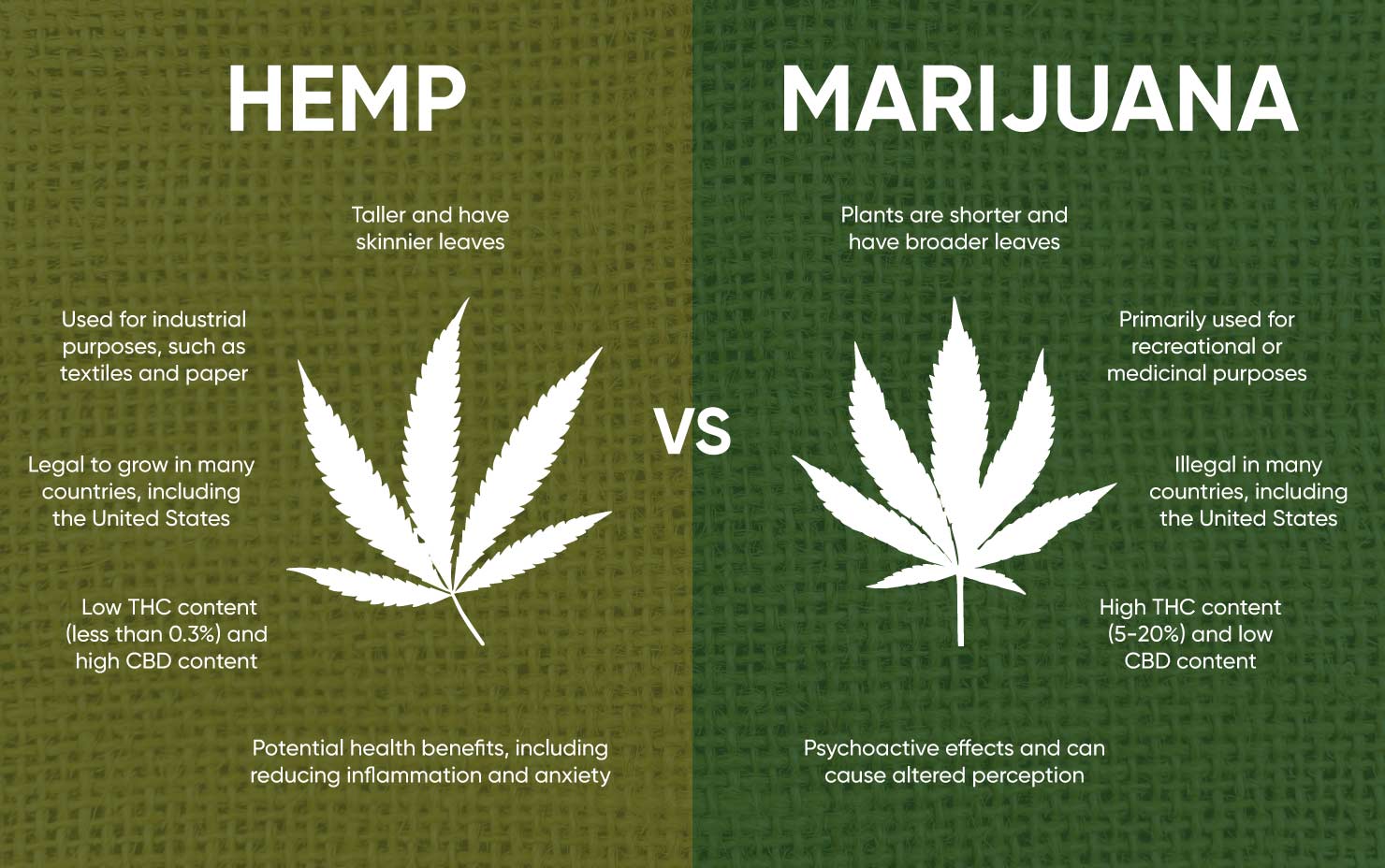HEMP AMENDMENT ADDED TO FARM BILL TO CLOSE LOOPHOLES MAY EFFECT TENNESSEE GROWERS

While Tennessee’s hemp industry is booming, some lawmakers are working to close what they say is a “loophole” in legislation enacted years ago.
The so-called “loophole” has helped fuel a growing industry, providing medical relief for some and a livelihood for others.
In 2018, the Farm Bill federally legalized hemp. Under that law, hemp products must contain no more than 0.3% concentration of Delta-9 THC, the primary cannabinoid found in cannabis known for its intoxicating effects.
Hemp advocates are concerned a proposed amendment to the Farm Bill is an example of government overreach. Lawmakers say it’s necessary to prevent certain products from landing in the wrong hands. Tennessee Attorney General Johnathan Skrmetti joined 20 other state attorneys general in asking the federal government to address the “vagueness” behind the 2018 Farm Bill.
Most recently, the House Agriculture Committee voted to add the Miller Amendment to its 2024 Farm Bill reauthorization proposal.
The Miller Amendment changes the definition of hemp to “only include naturally-occurring, naturally-derived and non-intoxicating cannabinoids.” According to the Tennessee Growers Coalition, the amendment would federally ban 90-to-95% of hemp products on the market.
Tennessee Representative John Rose (TN-06) supports the amendment.


